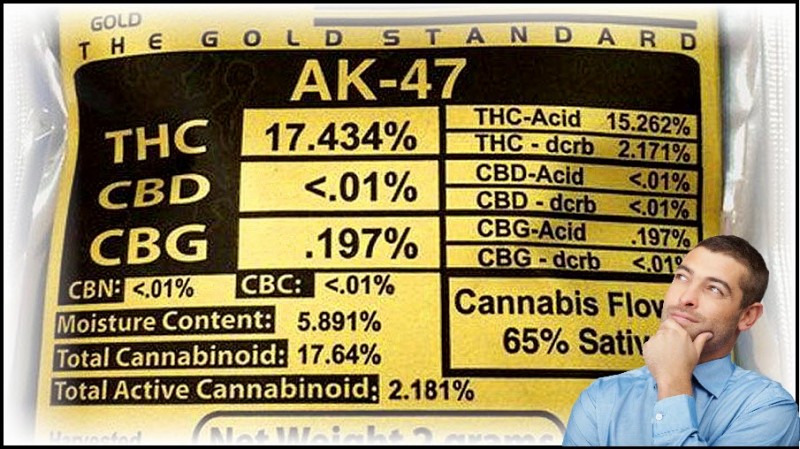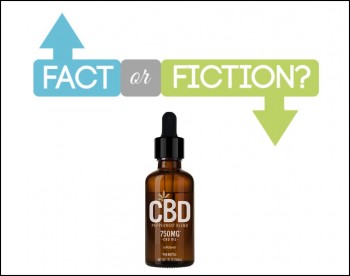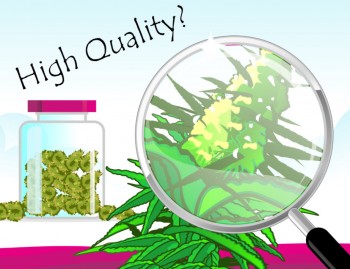Beyond Potency: The 6 Most Important Hemp and Cannabis Tests

Recently, it has been observed that the scientific and analytical testing communities have been trying so hard to keep up with the exponentially moving cannabis and hemp industry. To navigate around this and also cut production costs, some cannabis entrepreneurs have chosen to test for only the potency of a product, leaving the other tests undone.
However, these tests need to be carried out for a cannabis product to be classified as good enough for human consumption. These tests are to be carried out to secure the trust of the consumer and ensure only quality products are delivered. Another important use of carrying out other tests is that it saves cost.
The future of the current industry rests on several companies' willingness to carry out more than a potency test. For example, some years back a significant percentage of hemp crops in Florida failed to yield. The growers were unable to ascertain the cause because tests were not carried out on samples before planting. The cost incurred along the way was rendered a loss.
All these could have been prevented if the right tests were carried out at the right time.
The health of cannabis consumers is risked whenever they consume untested cannabis products that could contain harmful manufacturing byproducts.
The only way for a cannabis product to be certified fit for consumption is when all necessary tests are carried out. With this, hemp and cannabis producers and retailers will be able to boldly market their products while assuring the end-users of their utmost quality.
Excluding potency tests, there are 6 other important tests to be carried out on a cannabis or hemp plant to certify it fit for consumption.
What are these tests all about and why are they necessary? Read on to know more about this.
Pre-harvest Testing
This is done before and after a seed is planted. The tests are done all through the plant's life cycle, that is before it is harvested from the soil.
Why the test is carried out
Pre-harvest testing is done to ascertain that the marijuana batch is safe and effective. Samples are taken to test for contaminants and micronutrients. If any error is detected, the farmer quickly works on correcting it in due time.
As these cannabis plants grow, there is a chance of them absorbing contaminants like heavy metals and other chemical agents from the soil, pre-harvest testing at intervals helps detect and correct any anomaly.
Most times, only the soil has to be treated and cleaned.
Micronutrients are also measured to ensure an average plant or more is recovered at harvest. Scientists measure to ensure they're available in the right quantities.
Shelf Life and Stability Testing
Medications and products most times have their month and year of expiry and recommended storage conditions written on their 420 packaging. This is not different for cannabis products.
Cannabis users expect to find this information on the products purchased, especially when they're buying the product for medical reasons.
Hemp and cannabis are affected when they're exposed to oxygen, light, and temperature changes. Over time, they also lose their quality and cannabinoids.
This can be prevented when the shelf life test is carried out.
Why the test is carried out
This test quantifies the longevity of a product. It also analyses the chemical constituents of that product and how they react to different environmental conditions.
With shelf life and stability testing, you know the point at which your products lose THC and CBD potency, as well as other cannabinoids. It also lets you know the environmental conditions a product needs to remain of good quality.
Residual Solvent Testing
Residual solvents are unstable chemical compounds that are used to remove terpenes and cannabinoids from a plant. These organic chemicals are needed to produce vapes, edibles, and tinctures.
However, it can be harmful when ingested at high levels.
Acetane, butane, ethanol, propane are some of the residual solvents found in cannabis products.
Why the test is carried out
Residual solvent testing detects the presence of impurities, trace residues, and potentially harmful compounds. It is used to ensure that cannabis products are fit for consumption.
Also, it is used to confirm that the residual solvent in a product is available in appreciable quantities—no more, no less.
Vitamin E Acetate Testing
Carrying out this test gives cannabis consumers peace of mind generally. This is because vitamin E acetate is a fat-soluble liquid that is sometimes used as a thickening agent in vapes.
This chemical interferes with the normal activities of the lungs when inhaled. And it can cause a lung condition called 'vaping -related lung disease'
Why the test is carried out
This testing assures users that the product is clean and safe to use. It also reduces consumers' risk of developing chronic diseases in the near future.
Terpene Profile Testing
The unique flavor and aroma of different cannabis plants and products can be attributed to terpenes. Terpene profile testing is done to characterize terpenes and their synergy with cannabinoids.
They function as medicinal hydrocarbon building blocks that have therapeutic effects.
The terpene profile of a plant varies from that of another plant
. It depends on the edaphic factors, climate, as well as the nature of the product—a flower or an extract.
Why the test is carried out
Terrence profiling is carried out to ensure can ibis producers have an idea of what condition each specific plant will be most useful to treat.it helps to know the exact constituents of a flower or an extract.
Flavonoid Profile Testing
Flavonoids are readily available phytonutrients that possess therapeutic qualities whenever they synergize with the compound spectrum of hemp.
On their own, flavonoids are responsible for the bright pigmentation in flowers.
Why the test is carried out
Flavonoid profiling is carried out to determine the role of flavonoid compounds in preventing chronic diseases like cancer.
That's a Wrap…
To guarantee a successful yield, cannabis producers need to carry out these analytical tests.
The more these tests are being carried out by a few cannabis business owners, the more other reluctant producers would be willing to test their products.
Overall, these tests help to market the wide medicinal potential of cannabis and hemp.
I hope you found this write-up useful and informative...
.






